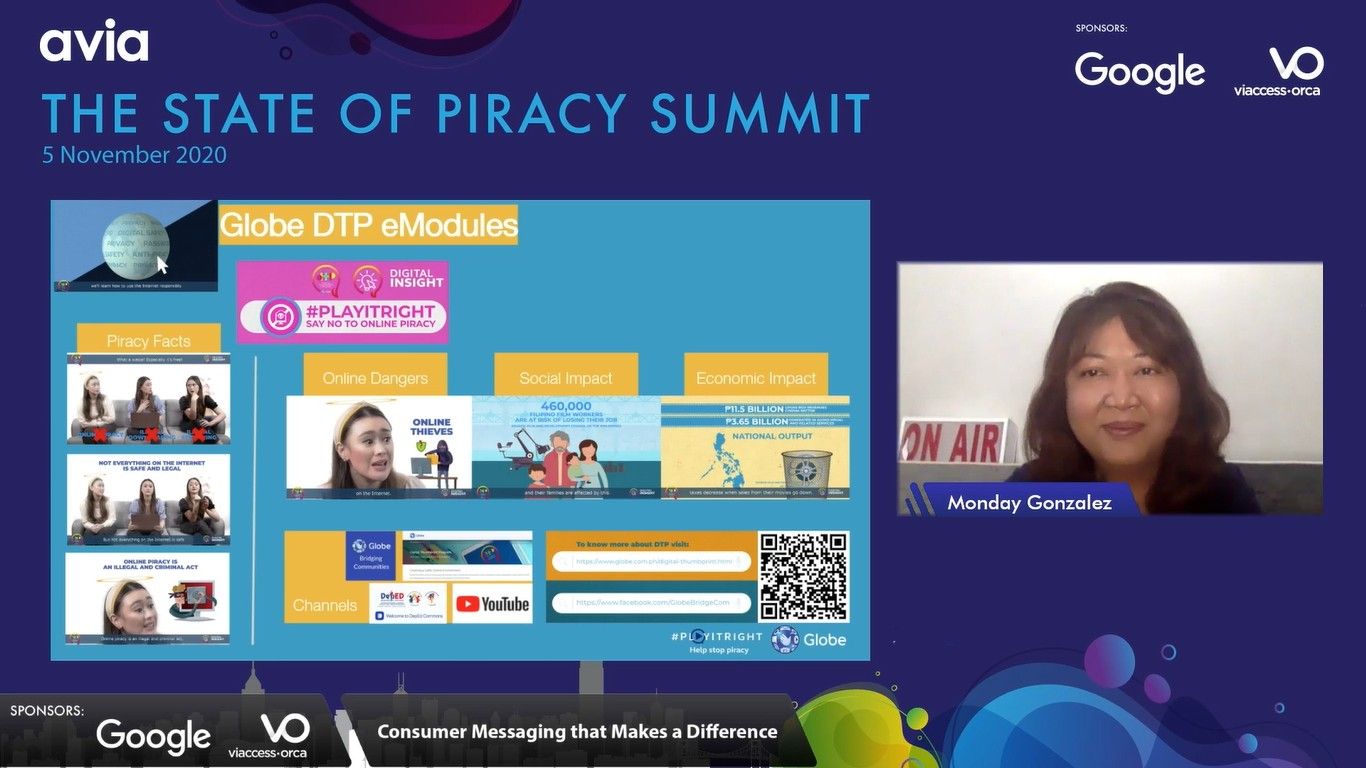
THE PHILIPPINES needs to adopt a website blocking system to counter the streaming of pirated content, the Asia Video Industry Association (AVIA) told a Senate committee on Tuesday.
“If you are able to block at a high volume, and you do it regularly, you have a massive impact on the overall levels of piracy in a country,” Matthew Cheetham, general manager of AVIA’s Coalition Against Piracy, told a Senate Trade, Commerce and Entrepreneurship committee hearing.
AVIA said site blocking of pirated content in Indonesia from 2020 to 2022 caused a significant drop in reach of pirated content to 118 million from 437 million views, a 75% reduction over the two-year period.
“That’s the effect of the ability to block regularly,” Mr. Cheetham said.
AVIA is a trade association for the video industry dedicated to reducing video piracy in the Asia-Pacific.
At the same hearing, Globe Telecom, Inc. Vice-President for Legal Policy Ariel Tubayan said internet service providers are fully capable of blocking websites and have been doing so in the case of crimes such as online sexual abuse of children and illegal gambling.
Rowel S. Barba, director general of the Intellectual Property Office of the Philippines (IPOPHL), said his agency was working with Globe, PLDT Inc., Sky Cable and Dito Telecommunity Corp. to implement a site-blocking agreement to curb pirated content.
According to a YouGov Piracy Landscape Survey, losses amounted to $700 million as a result of pirated video content, specifically Filipino-made TV shows and movies.
Senator Mark A. Villar at the hearing cited an IPOPHL report indicating that piracy surged 40% from 2016 to 2020 for movies and TV shows, 25% for e-books and 15% for software.
The report found that 60% of Filipino consumers watched pirated content, the highest rate in Southeast Asia.
“These numbers are very concerning as the losses outweigh the supposed benefit of providing entertainment,” Mr. Villar said. — John Victor D. Ordoñez



